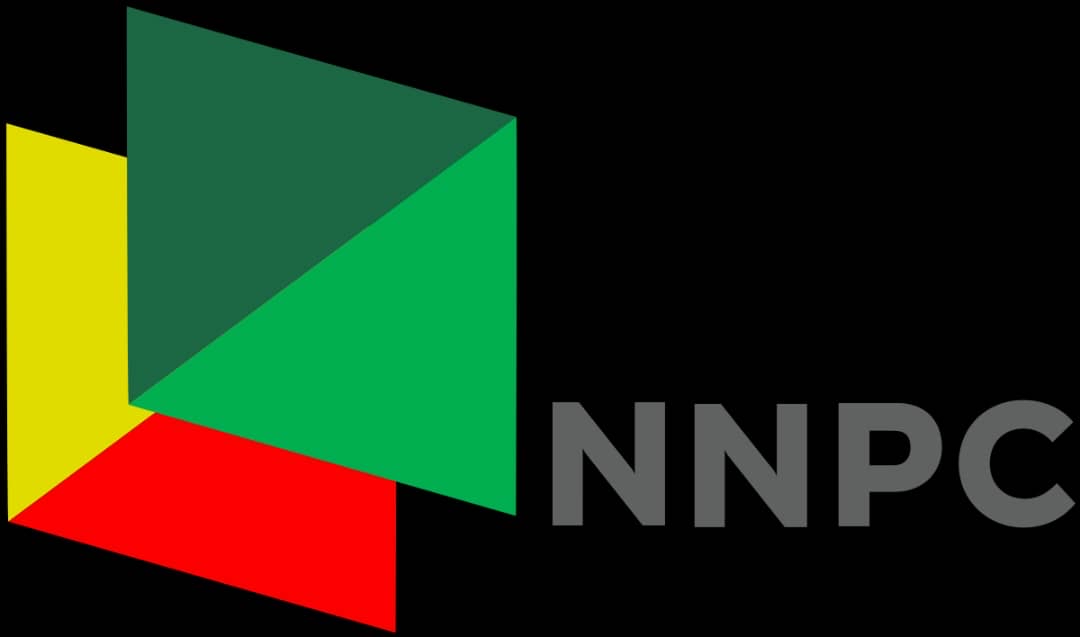The African Export-Import Bank (Afreximbank) is taking a pivotal step towards executing the $3 billion emergency loan extended to Nigeria’s NNPC Limited. The bank recently began discussions with major oil traders to outline the operational intricacies of this significant loan agreement.
This move is particularly significant against Nigeria’s present economic backdrop. The country’s external sector faces immense pressure, punctuated by a severe scarcity of foreign exchange, resulting in a drastic depreciation of the local currency.
A credible source familiar with the matter highlighted the bank’s endeavors, noting that the discussions aim to draft and finalize terms that clarify the roles of all stakeholders involved. Afreximbank is particularly keen on ascertaining the level of interest oil traders might have in funding this oil-backed loan.
This endeavor has stirred substantial interest within the trading community. However, the final decision remains contingent on the terms set forth. The potential uptick in oil prices, possibly surpassing $90 per barrel, is an added incentive that could bolster traders’ enthusiasm.
A different source elucidated on the repayment mechanics, suggesting that participating traders could receive compensation in the form of physical oil cargoes.
NNPC had previously unveiled its collaboration with AfreximBank in mid-August. This agreement, inked at the bank’s Cairo headquarters, promises to bolster the federal government’s fiscal and monetary reform initiatives, aiming chiefly at stabilizing the foreign exchange market.
This decision followed the Federal Government’s disclosure last month of a significant 13.6% dip in daily crude oil production for July. This decline further strained Nigeria’s already fragile US dollar revenues from crude oil exports. Additionally, the July production metrics fall alarmingly short of the government’s targets, underscoring the growing challenges in the country’s oil sector.
Mr. O’tega Ogra, the Senior Special Assistant to the President on Digital/New Media, elaborated on the loan’s mechanics in a series of tweets. He emphasized that the loan isn’t a mere crude-for-refined products swap, but rather a strategic maneuver where proceeds from a designated amount of future oil production will repay the loan.
The Nigeria Employers’ Consultative Association (NECA) weighed in on the situation, advocating for increased crude oil production, aligning with OPEC’s 1.8 million barrel per day quota. NECA also urged the government to tackle crude oil theft and renew domestic refining to conserve foreign exchange for other productive pursuits.
Responding to the developments, Mr. Phrank Shaibu, Special Assistant on Public Communication to former Vice President Atiku Abubakar, criticized the loan strategy. He expressed concerns about the NNPC’s credibility and questioned the genuine intentions behind the loan, emphasizing the need for greater transparency and fiscal responsibility.
As Nigeria navigates these tumultuous economic waters, the Afreximbank-NNPC partnership, backed by international oil traders, could represent a beacon of hope for stabilizing the country’s economic landscape. Yet, the long-term implications remain to be seen, and stakeholders await the outcomes with bated breath.



